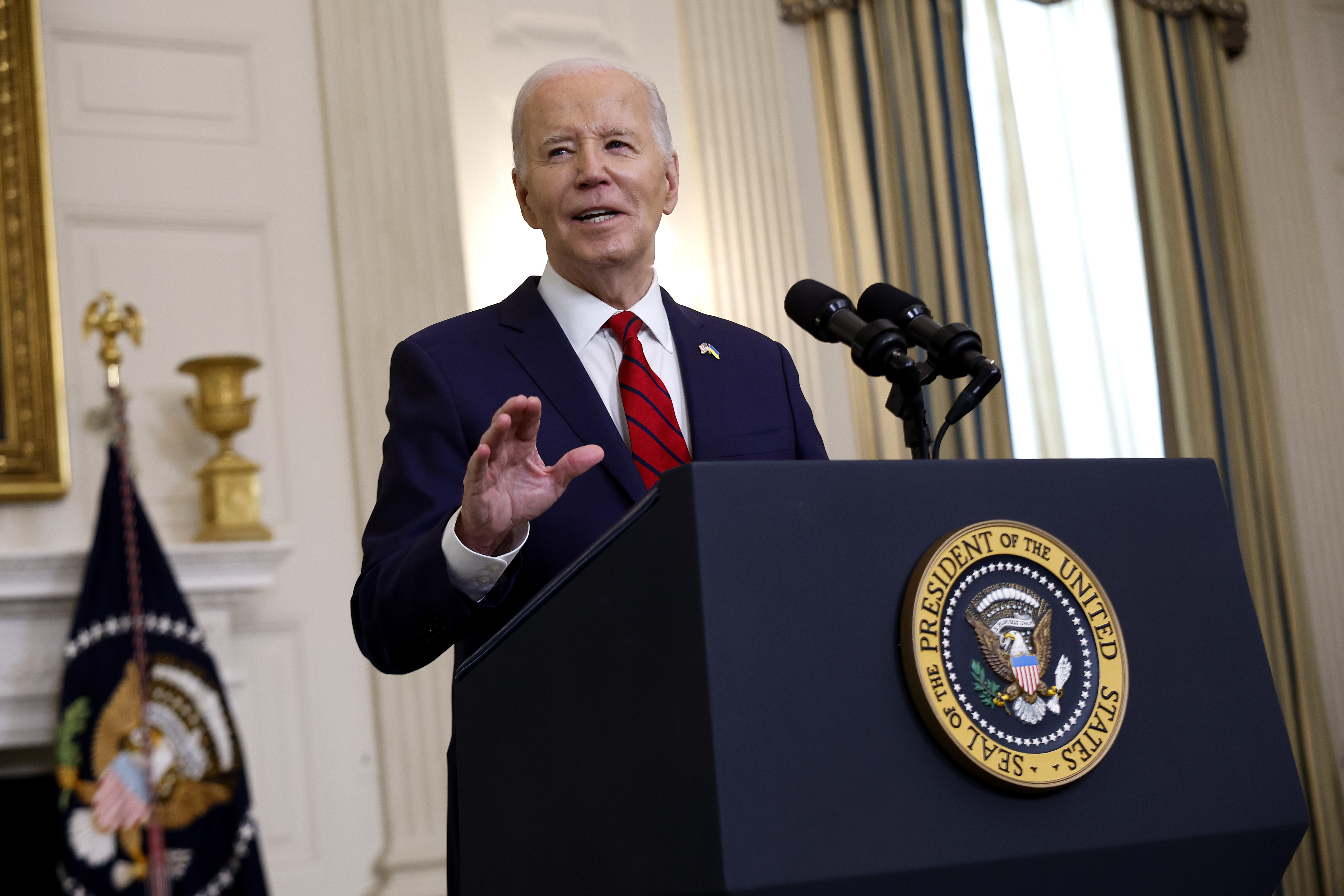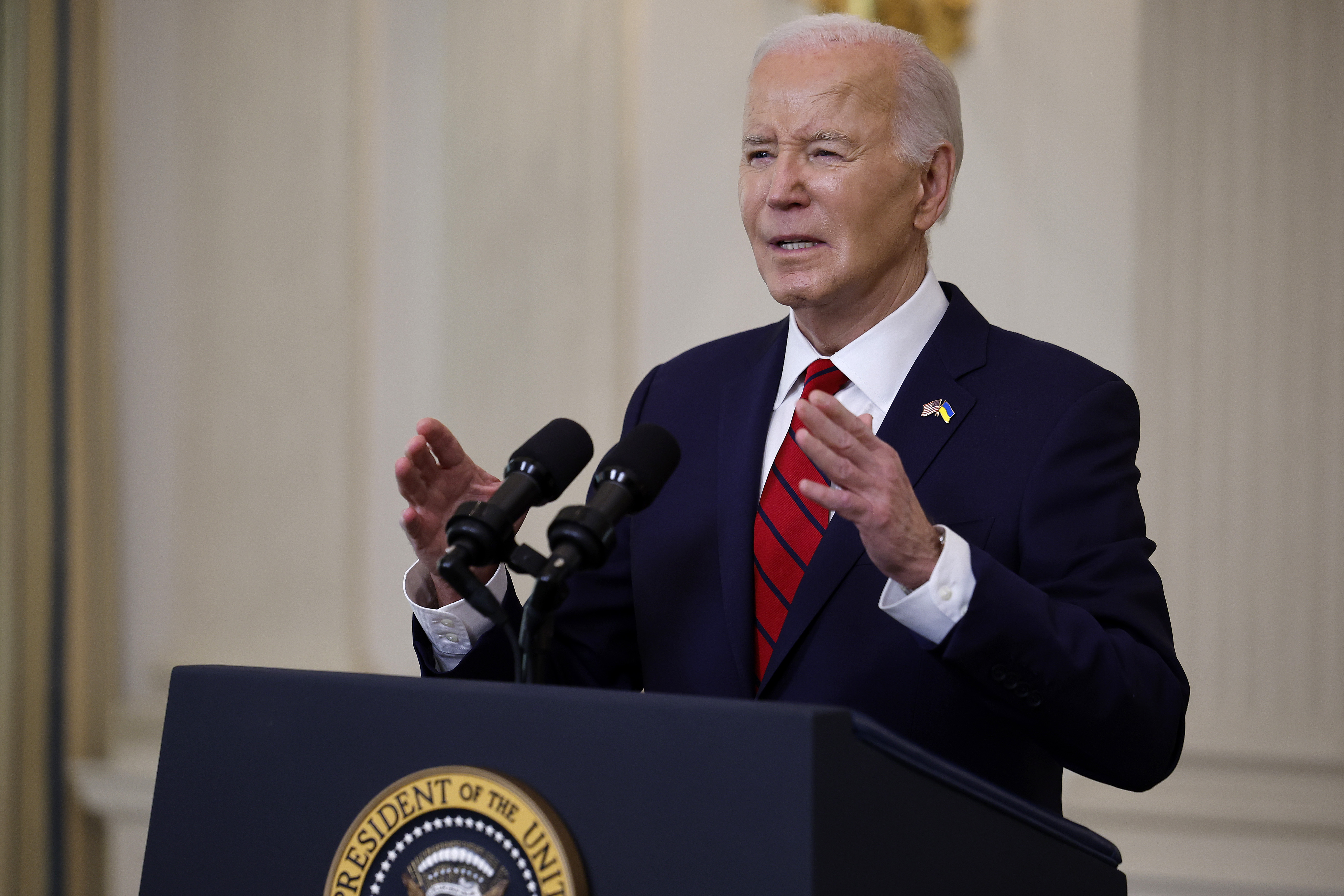Top education leaders in the Texas House began discussing a major proposal late Tuesday to increase the number of charter schools allowed to operate statewide. The plan sailed through the Senate but may face a tougher road in the lower chamber.
Supporters and opponents waited hours to address the House Public Education Committee on Senate Bill 5, which would raise the cap on the number of public charter school licenses that Texas issues from 215 to 305 over the next six years. If approved, the plan could be the most dramatic expansion of charters since they were first authorized in 1995.
Peggy Venable of the conservative Americans for Prosperity, which supports limited government, said the expansion was needed to allow more choice for parents.
"A kid's future really rides on a five-digit zip code right now," she told the committee.
Ed Martin, a spokesman for the Texas State Teachers Association, said state accountability ratings show charter schools don't generally outperform traditional public schools -- and therefore can't really improve classrooms as much as activists claim.
"A lot of times people come with silver bullets," Martin said. "I think one of the things we have to keep in mind is, some silver bullets are blanks."
For now, the state has issued 209 licenses. But because operators can use a single license to run multiple campuses, Texas has about 500 total charter schools educating about 154,000 children, or 3 percent of its more than 5 million public school students.
Politics
Politics from around the world.
The bill is sponsored by tea party-backed Republican Dan Patrick of Houston, who chairs the Senate Education Committee and campaigned hard to allow for an unlimited number of charters. He also proposed creating a special board to oversee the flood of new applications for charter school licenses he expected would follow.
But the proposal -- approved 30-1 by the Senate -- calls for a more gradual expansion, increasing the cap by 10 for the 2014-2015 school year. It would then keep rising incrementally until hitting a maximum 305 by September 2019. And instead of a special new charter school board, it transfers the authority to approve new charters to the governor-appointed state commissioner of education.
Patrick's bill also encourages consolidation for school operators with multiple charters. David Dunn, executive director of the Texas Charter Schools Association, said if every multiple-charter holder consolidated to one it would create 36 new slots.
"But we don't think that would happen," he said Tuesday.
The proposal also gives the state education commissioner the power to shut down poor-performing charter schools after three straight years of low ratings.
Currently, struggling charter schools have been allowed to remain open for extended periods as they file multiple appeals against state efforts to close them. About 50 of the 500 existing charter school campuses are low performing -- and critics have long questioned why Texas needs more charters when so many existing ones aren't succeeding.
Some key Republicans have suggested that the bill is headed toward final approval in the House, but the committee left the bill pending until at least next week.
Committee member and Georgetown Republican Rep. Marsha Farney, who was on the State Board of Education before being elected to the House in November, joined another former board member, Houston Democratic Rep. Alma Allen, in expressing concern about taking the authorization authority away from the board.
Meanwhile, Mike Feinberg, co-founder of KIPP charter schools in Houston, said the bill doesn't go far enough. He noted that though the state has been authorizing an average of nine new charter schools per year since 2006, the number of children on waitlists for charters that are too full to accommodate them has grown six-fold since then.
"While it's a relief to see an arbitrary cap lifted, 10 new charters per year represents very little growth," Feinberg said.



